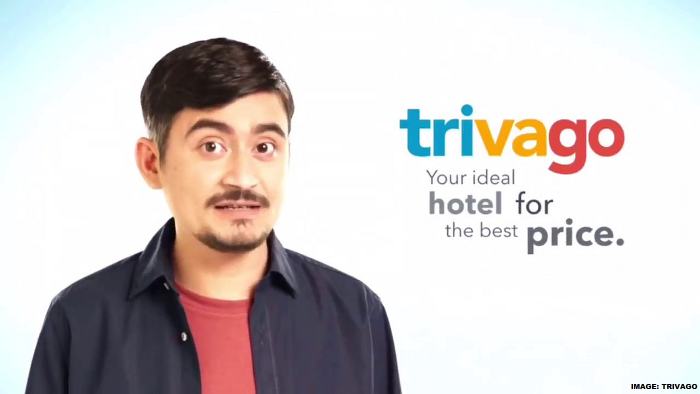Trivago misled consumers 66.8% of the time by favouring highest-paying advertisers, court rules
Hotel comparison website Trivago broke the law by misleading consumers in TV and website advertising, the Federal Court has ruled.
From at least December 2016, the Netherlands-incorporated platform claimed it identified the cheapest available hotel rates. Instead, it used an algorithm which often did not highlight the cheapest rates, but instead favourably ranked hotels that paid the platform the highest cost-per-click fee.



Loving ACCC 2.0
This is a cynical marketer which knows exactly what it’s doing and not just in Australia, by the way. The noise they’ve generated over the past few weeks has been absolutely deafening, seemingly with the same offer.
In addition to a seriously heavy fine, they should be given a long holiday from the airwaves. This is the kind of advertising which viewers really hate and get the industry a bad name: smug, monstrously repetitive and now, we find, dishonest.
One important aspect of this debate that has not been highlighted by most news agencies is that Trivago is majority owned by Expedia, who in turn own a large percentage of the online booking websites being compared on Tivago as if they were genuine comparisons of independent companies (Expedia, WOTIF, lastminute, Hotels.com travelocity, Hotwire, Orbitz etc, all really just Expedia). Most consumers are unaware of this, so are likely to be misled into believing that Trivago is comparing “hundreds of different websites” when in face they are really mostly comparing just two.
I am a hotel operator and I can confirm I only provide one price to Expedia for each of our room types on any given day, who then display that same price on every one of their subsidiary websites. Whilst it is true that Trivago also displays prices from many of the different websites owned by their major competitor – Booking.com (Booking.com, Priceline.com, Agoda.com, Kayak.com etc, all really just Booking.com), they do so happily because Expedia is much more aggressive about pressuring suppliers to participate in discounting promotions that are exclusive to Expedia. So Trivago becomes little more than a form of advertising for Expedia. Although consumers might find a deal on Trivago that they would have missed had they not used the Trivago website, Trivago often does not provide the hotel’s own website comparative prices or any details of any other deals that hotels might be prepared to do over the phone for a direct booking, which may be even cheaper again, so the consumer is still missing out.
A side note: When Expedia and Booking.com pressure small suppliers to participate in their discounting promotions, that comes at a huge cost to many of those small operators, whose margins are already being squeezed out of existence by high sales commissions from Expedia and Booking.com (15% to 25% or more in most cases), rising operational costs and shrinking hotel prices in the face of competition from the likes of AirBnB. My advice: do your research online, make a choice, then call the hotel directly and ask them to match or even better the best deal you have found online. You may end up being rewarded with being allocated to the best version of the room type you have booked or other perks like free room upgrades, more flexible cancellation policies, early check ins, late check outs or other free offerings from the hotel.
More lies, smoke and mirrors in digital-land – wow – what a surprise – said no-one ever…
What do you expect, it’s a friggin business FFS.
If Trivago can be done over then Finder, comparethemarket and every other comparison site should be hauled in. They’re all based on the same revenue model.